Have you ever been in love? Of course, you have. But is love all about the warm and mushy emotions? Or is your brain chemistry behind your feelings? You know what the movies, novels, poets, philosophers have to say about love. Now let us take a look at the science of love.
What is love?
All of us have our own definition of love. We know how it feels. We know the pain and pleasure that comes with it. But what does science have to say about love?
According to neuroscientist Dr. Gabija Toleikyte, love is something that is born in the recess of our subconscious. She said “Our subconscious mind has about ten times more information than our rational brain. So when we actually fall in love with a person it might seem like quite a momentary experience, however, the brain is working really hard to compute and to produce that feeling.”
Biological anthropologist Helen Fisher, Ph.D., said romantic love is simply “a basic drive that evolved millions of years ago in order to enable us and focus our attention on just one partner and start the mating process.”

The fact is, love is still one of the most misinterpreted emotions humans experience. Love is a complicated process that generates in the subconscious mind. However, it is not something that we can manage or control at will.
It is an emotional experience that impacts our lives to a great extent. It affects our mindset, thoughts, moods, and behavior. It can even interfere with our daily lives and make daily mundane tasks seem different. However, according to the science of love, the goal is to find the best mate we can possibly find, ensure successful reproduction, and take care of our offspring. But is that all?
Related: 30 Psychological Facts About Love That You Will Really Love
Understanding the science of love
Despite what poets and philosophers might say, love actually happens due to certain changes in our brain’s biochemistry. According to research by Dr. Helen Fisher of Rutgers University, romantic love comprises 3 distinct categories driven by their own set of brain chemicals and hormones.
The 3 basic parts of love include –
- Lust
- Attraction
- Attachment
1. The science of lust
Lust, also known as libido or sex drive, is primarily defined by our craving for sexual gratification and is driven by the sex hormones testosterone and estrogen, both in women and men. Evolution has programmed all living beings to breed and reproduce, and lust stems from this basic need.
It drives us to reproduce more often, ensure that our genes are passed on and our species survives. According to Dr. Fisher, “The sex drive evolved to motivate individuals to seek sexual union with any appropriate partner.”
The production of both estrogen and testosterone from the ovaries and testes is stimulated by the brain’s hypothalamus. Although these hormones are identified as female and male hormones respectively, both these chemicals have a crucial role to play in both women and men. Thanks to testosterone, your libido increases significantly, whether you are a man or a woman. However, estrogen seems to drive women more, as they might feel more sexually aroused when they ovulate.
Scientist Jena Pincott believes the brain seems to dominate when it comes to the science of love. According to her research, libido is influenced by the amygdala in our brain, which is also “associated with emotions, urges and spur-of-the-moment decisions.”
2. The science of attraction
The science of love states that attraction is another crucial component of love and is different from, yet related to lust. Dr. Fisher believes, “Your biology plays a role,” when it comes to attraction.
Although we may get attracted to someone we lust for and vice versa, both lust and attraction can occur independently. According to Dr. Fisher, attraction is “characterized by increased energy and the focusing of attention on a preferred mating partner. In humans, attraction is also associated with feelings of exhilaration, intrusive thinking about the beloved, and the craving for emotional union.”
Attraction is mainly motivated by serotonin, dopamine, and adrenaline, which are usually released when you’re experiencing something exciting, adventurous, and novel. Hence, attraction includes the same pathways in the brain which regulate our reward behavior. Perhaps, this is why the initial phase of a relationship, known as the honeymoon phase, feels so magical and intoxicating.
Dopamine, also produced in the hypothalamus of the brain, manages the reward pathway in our brain. Dopamine, commonly known as the “happy hormone”, is released when you engage in activities that make you feel good and happy.
So when you go on a date or spend time with your partner or become physically intimate, this happy hormone gets released and makes you feel all warm and euphoric inside. Dopamine, along with some other chemicals like norepinephrine and adrenaline, make you feel attracted to someone based on what you feel and experience with that person.
In fact, studies have found that the reward centers in our brain become highly active when we see a visual reference or image of someone we feel attracted to. However, feeling attracted to someone can decrease your serotonin level, a chemical that can affect your mood and appetite. Hence, scientists believe that the reduced levels of serotonin make us feel overwhelmed during the initial stages of infatuation and attraction.
In an article, Dr. Helen Fisher wrote, “Attraction, I hypothesize, is associated in the brain primarily with high levels of the neurotransmitters dopamine and norepinephrine and with low levels of serotonin. This emotion system evolved chiefly to enable males and females to distinguish among potential mating partners, conserve their mating energy, prefer genetically superior individuals, and pursue these individuals until insemination had been completed.”
Related: How to Tell Which Attractions Lead to Love and Which Lead to Pain
3. The science of attachment
Attachment or companionate love is the final element of the 3 categories as explained by the science of love. Attachment is crucial for a successful long-term relationship and results in “feelings of calm, security, social comfort, and emotional union” in humans.
Dr. Fisher has found that attachment “is characterized in birds and mammals by behavior that may include defense of a mutual territory, mutual nest building, mutual feeding and grooming, separation anxiety, and shared parental chores.” Although lust & attraction are mainly associated with romantic relationships, attachment encompasses parent-infant relationships, friendships, social intimacies, and other bondings.
Long-term attachment is driven by 2 main brain chemicals, namely the neuropeptides oxytocin and vasopressin. These hormones govern bonding, especially between a mother and child. Perhaps this is why oxytocin is popularly known as the “cuddle hormone”.
This emotion system encourages us to maintain our “affiliations” over a long period of time. Oxytocin is also produced by the brain’s hypothalamus. High levels of oxytocin are generally released during coitus, childbirth, and breastfeeding. Although these events might not be the best examples to explain the science of love, all of these activities lead to intense bonding and attachment.
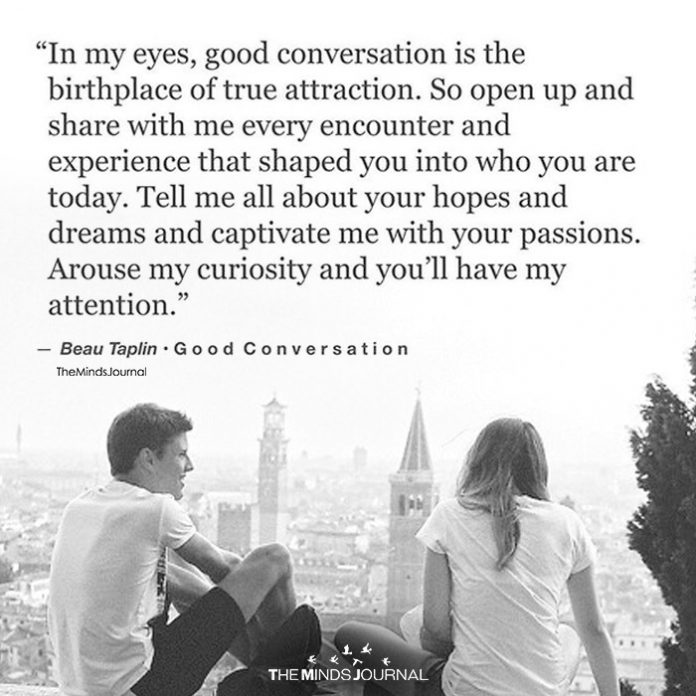
Perhaps this is why our brain manages lust, attraction, and attachment separately as we may be attached to someone, like our family and friends, and not feel romantically attracted to them. One study found participants felt a genuine & enduring attachment to a perfect stranger after 30 minutes of deep conversation with them. In fact, one pair from the study got married later on.
The hormone vasopressin also plays a crucial role in making a lasting commitment. Mostly released after sex, vasopressin is associated with behavior that leads to monogamous and long-term relationships. How these two hormones act and behave can help to explain why attachment strengthens as passionate love starts to fade away.
Related: How To Change Your Attachment Style
The scientific recipe for love
Each of these three processes works independently yet is closely linked to make us experience the magic of what we know as love. Lust, attraction, and attachment work in tandem and separately so that we can experience the wide range of emotions, from pleasure to pain, associated with love.
Findings from a 2002 study by Dr. Helen Fisher revealed that “Lust evolved to initiate the mating process with any appropriate partner; attraction evolved to enable individuals to choose among and prefer specific mating partners, thereby conserving their mating time and energy; male-female attachment evolved to enable individuals to cooperate with a reproductive mate until species-specific parental duties have been completed.”
Chemistry and complications
The science of love posits that these emotion systems enable us to develop simultaneous mating strategies. Our brain chemistry allows us to form a long-term relationship with one partner while practicing adultery on the side.
Dr. Fisher added “Men and women can express deep attachment for a long-term spouse or mate at the same time they express attraction for someone else, and also while they feel the sex drive in reaction to situations unrelated to either partner. We are physiologically capable of “loving” more than one person at a time.”
However, in our modern society, this brain architecture has led to a lot of complications for us. Dr. Fisher’s study found that “The evolution of these three emotion-motivation systems contribute to contemporary patterns of marriage, adultery, divorce, remarriage, stalking, homicide and other crimes of passion, and clinical depression due to romantic rejection.” Romantic rejection can also lead to sexual jealousy, physical assault, and even suicide.
Can love last?
Is chemistry everything in love then? Does this mean we are slaves to these three emotion systems? Can we actually have a lasting, meaningful, infidelity-free relationship? Well, it depends. But thankfully, it doesn’t depend entirely on your brain chemistry.
Dr. Fisher believes “Chemistry isn’t quantifiable,” as various other factors come into play when developing a romantic relationship.
Variables like personality, physical appearance, smell, skills, character, and even temperament all determine who we feel attracted to and fall in love with.
She said, “Your character is formed by everything you grew up with. And your temperament is built by your biology. Together they create who you are.” Hence, it can be really challenging to determine how much role brain chemistry plays in relationships and how much influence other factors have. Fisher added “One moment chemistry rules and the next moment your upbringing will rule.”
Neuroscientist Dr. Gabija Toleikyte believes “love as a greater experience can last.” Whether you can have a committed and faithful partner or not depends on your perception.
Love makes us develop deep bonds and connections which can lead to lasting commitments as we willfully become part of an exclusive relationship. However, “If any steps have been compromised, for example, someone learns that a person is completely different to who we got to know, that can change the experience,” said Toleikyte.
Related: 5 Things To Know About Unconditional Love
The science of love and hope
But there is still hope. A 2011 study by Dr. Fisher discovered that couples in their 50s and 60s were still much in love with their partners when analyzed with functional magnetic resonance imaging (fMRI). It was found that the primary brain pathways associated with romantic love were still active in the subjects. Fisher said, “These long-term partners still feel some of the early-stage intense feelings of romantic love, so yes, it is possible.” However, she warned, “You have to pick the right person”.
Even with so much research done, we still understand very little about love and the science behind it. But we don’t need the science of love to understand or experience what love actually feels like. We all have our own definition of love. And although your brain chemistry may have a crucial role to play, how strong your relationship is and how happy your partner is with you, are still up to you.




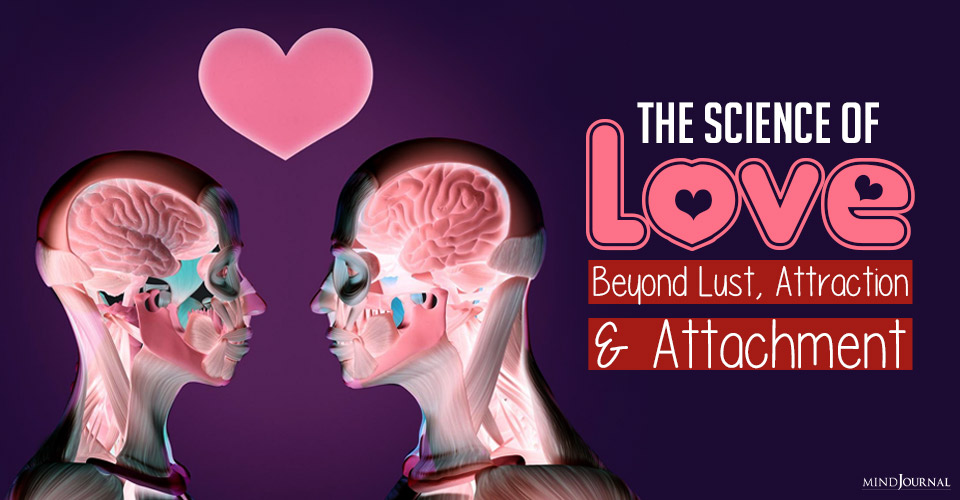

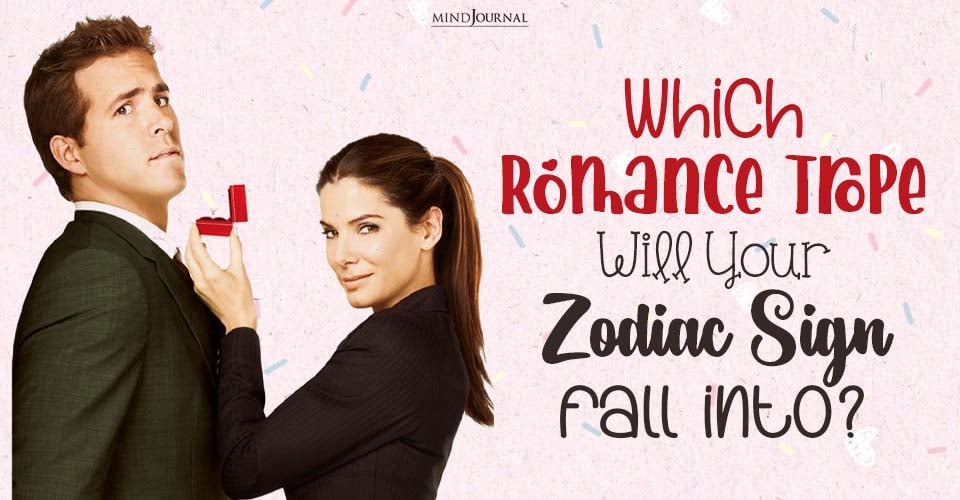

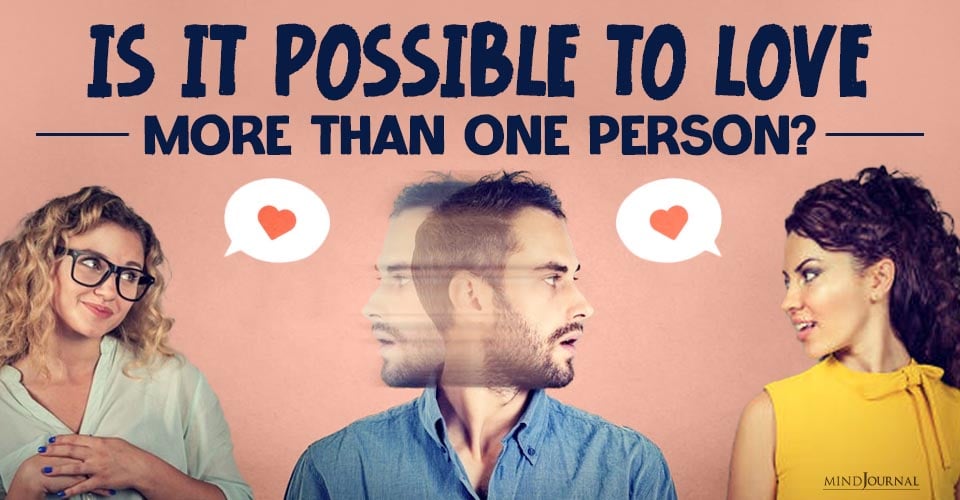
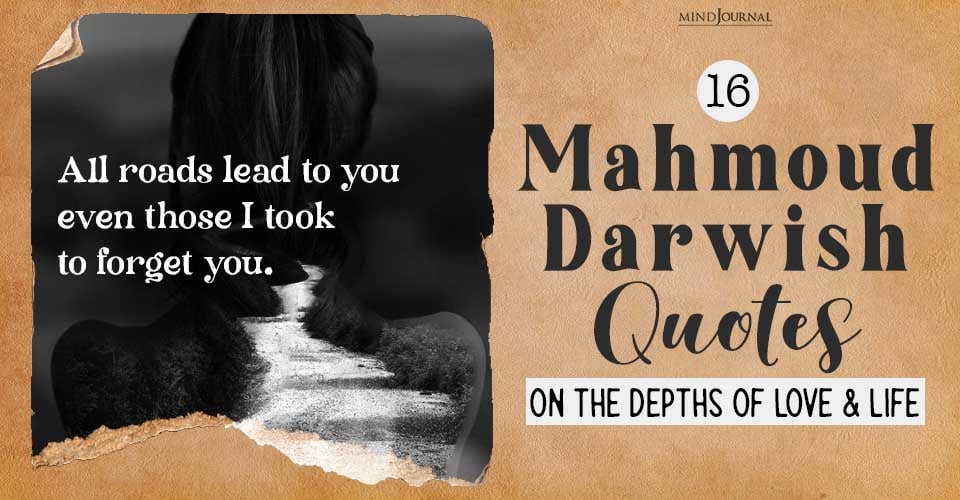

Leave a Reply